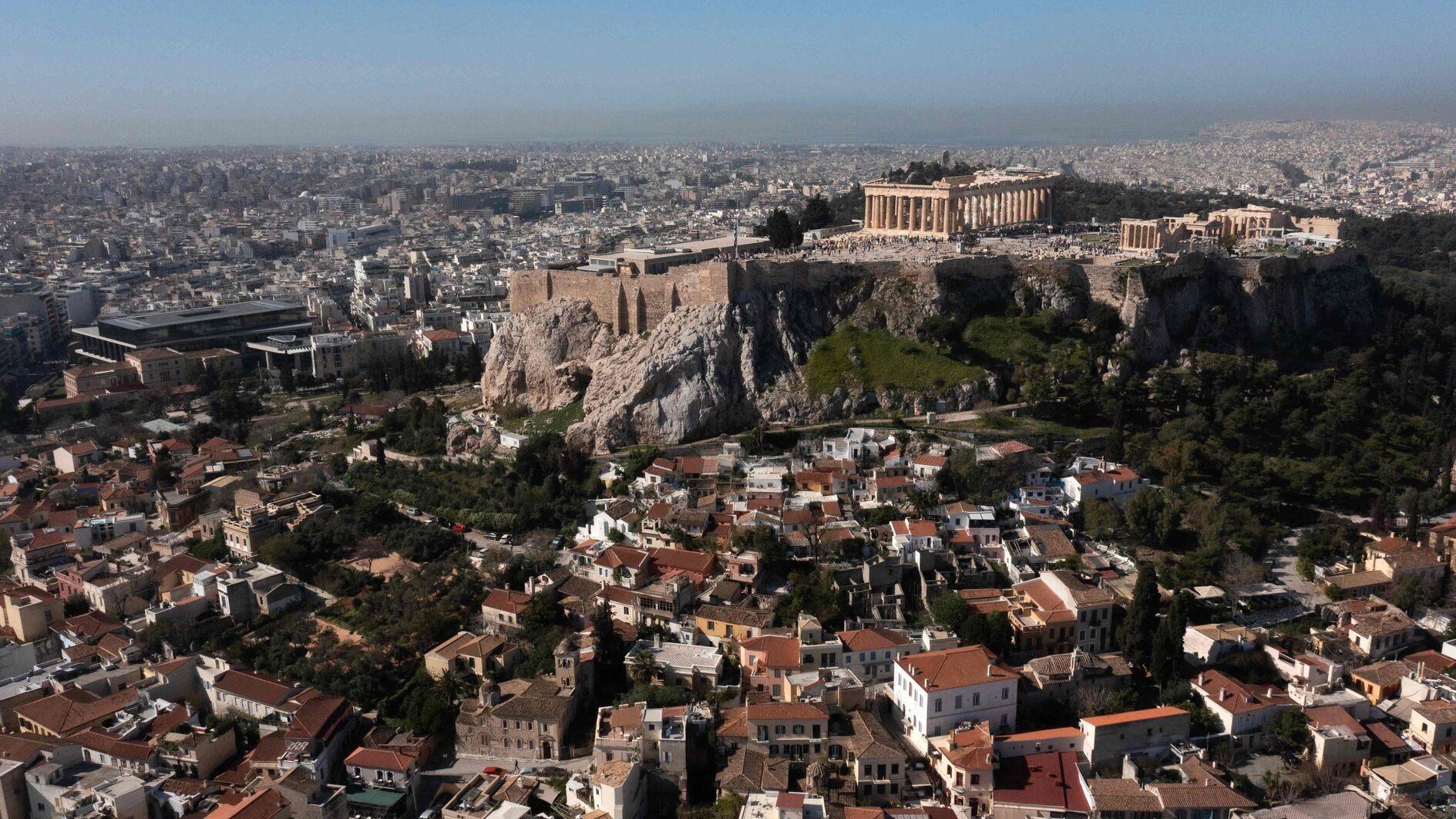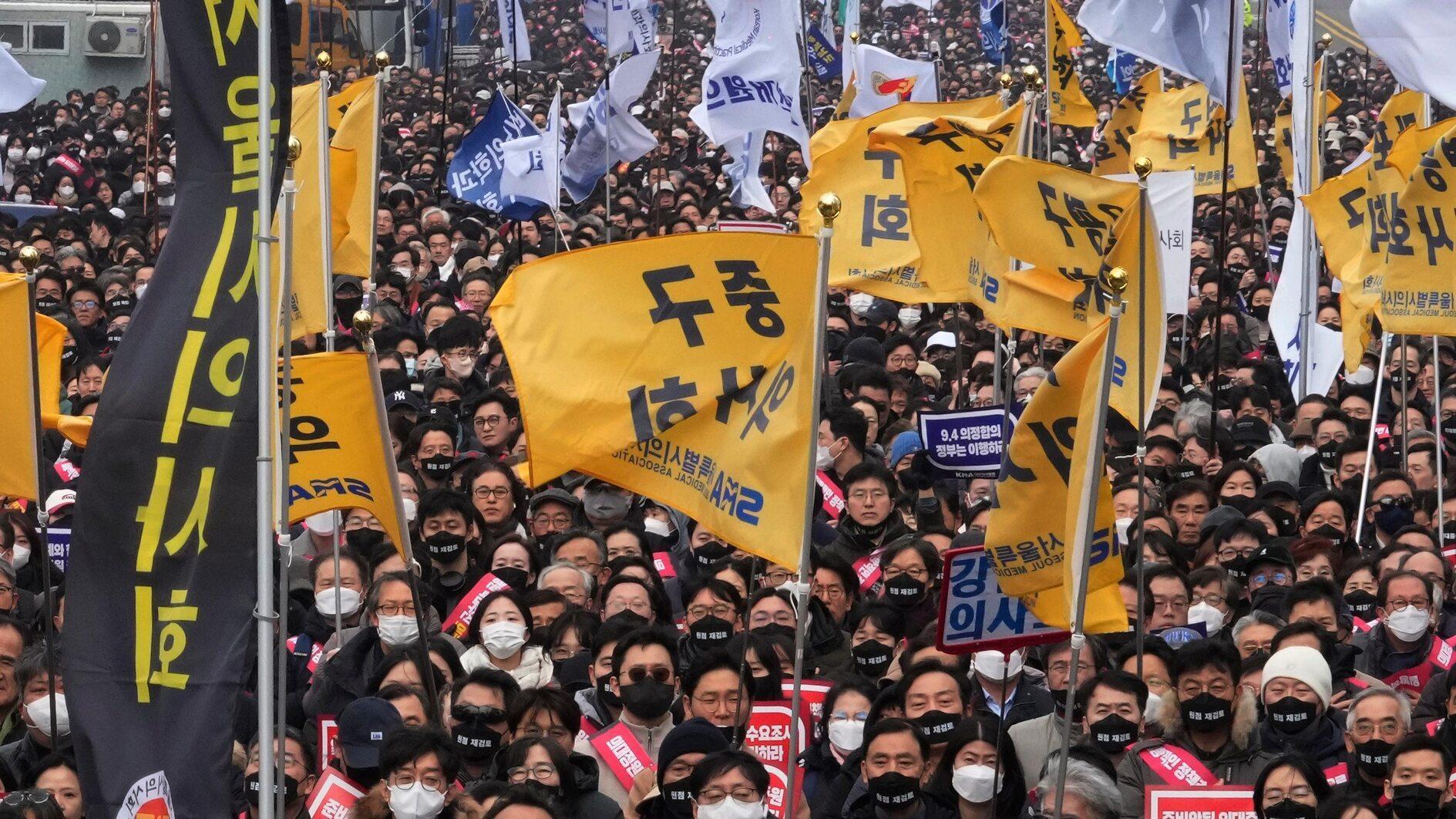Is there a plan for Syria?
If success was a requirement for political promotion, other people would be occupying some top positions of Turkey’s administration. More than four years ago, when suddenly Turkish rulers’ public diplomacy gimmick replaced the “brother Bashar al-Assad” reference to the president of Syria with a “dictator Esed,” the talk of the capital’s top echelons was “Esed will go within a week or two…”
Syria, however, was not at all comparable with any other state in this region. Those who were saying “Syria is not a Libya” were “persona non grata” for the Turkish government, eager to use the “Arab spring” to expand its “Sunni Islamic clout” and its neo-Ottoman obsessive anticipations. With an Iraq de facto already divided in three and risking further and probably de juro partition and an Egypt struggling to recover from the fire produced by the “Arab Spring,” Syria sliding into a civil war might pose an existential risk to the region’s post-World War II borders by opening a Pandora’s Box.
With neighboring Iran aligning with the Syrian regime and Russia, not just for the sake of its naval base, as many people assume, but rather because of global strategic interests, in firm support of Damascus, it was obvious that the war would last far longer than anyone might have anticipated. After so many years of escalating religious fanaticism, increased Kurdish statehood aspirations, a very heavy human toll, devastation of Syrian cities and millions of refugees flooding Turkey, Lebanon, Jordan (who are now impacting the European streets as well), the Syrian civil war has turned into a quagmire.
Turkey, which believed the Syrian dictator would be toppled within a week or two and democratic Sunni Muslim “brothers” would take over the country, now apparently has a plan not on how to douse the Syria fire but how to deal with the Islamic State of Iraq and Levant (ISIL) gang that, after the deadly Paris attacks, its Western allies have declared as the number one enemy.
Turkey is, of course, very much in solidarity with its Western allies that unfortunately refused to protest (my attempt to politely word it) the Ankara blasts or mourn the 102 victims of Islamist terrorism. Similar to some sections of Turkish society which, at a friendly soccer match between Greece and Turkey in Istanbul on Nov. 17, interrupted the moment of silence for victims of the Paris terrorist attacks by chanting “Allahu Akbar” or “God is Great.”
Obviously, whatever the Turkey’s plans to fight ISIL might be, some sections of the predominantly Sunni Muslim Turkish society were still sympathetic to the “jihad” or “holy war” rhetoric of ISIL. Was it because of Turkey’s refusal to crack down effectively on ISIL recruitment offices in many cities, even in Ankara, for a very long period –indeed, up until Ankara joined the anti-ISIL coalition late last summer– that there was still a degree of sympathy for the gang in Turkish society? Perhaps it was not as easy for Sunni, conservative Turks as it was for their government to shift policies overnight. Yet, it is a fact that active and sleeping Islamist religious fanatic cells trained in vandalism in the Syria civil war is and will be a major problem of not only Turkey but many countries in the years to come.
If Turkey indeed acts and stops ISIL’s movements to and from Syria through the Turkish border, it will be a great success at making it difficult for the gang to operate in Turkey or move on to West through Turkey. Action could include carrying out aerial operations alone or with the United States to support local elements in cleaning out ISIL from a key region of the Turkish-Syrian border, as mentioned by U.S. Secretary of State John Kerry last week.
Though such a development would be a great achievement, it would still be a palliative move, as the fire in Syria can only be quelled with a fast, effective and inclusive political resolution. The Vienna talks and the joint statement that emerged out of it were promising. Now it is time to convince all actors to put that plan to work and move on towards re-creating a secular Syria. Whether or not Assad will have a place in the new Syria should not be Turkey’s concern; that must be decided by the Syrians when the time comes. Now let us help to put the fire out.
Turkey must consider the consequences of an Iraq and/or Syria disintegrating. We must remember that some sections of this country have become ungovernable.











